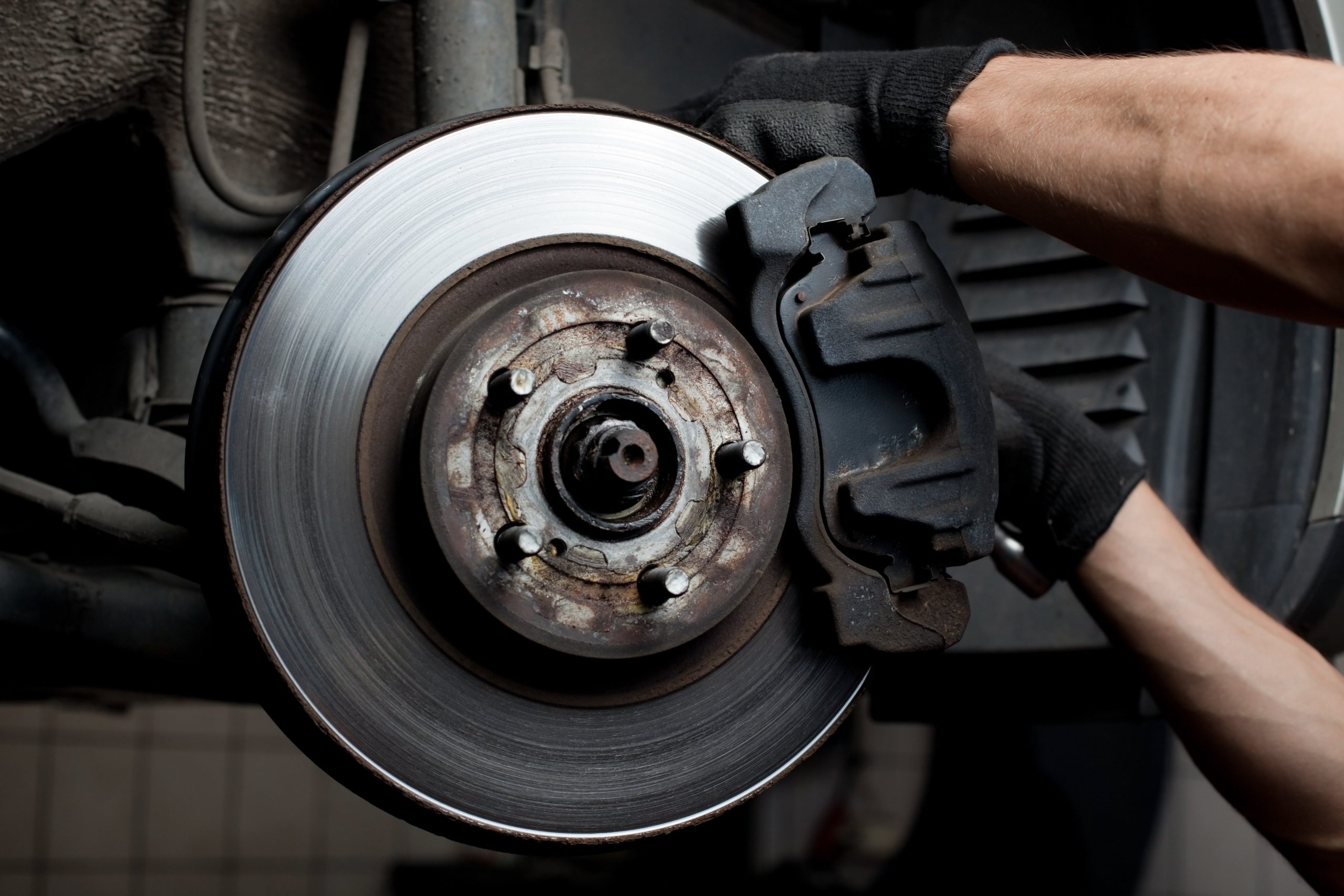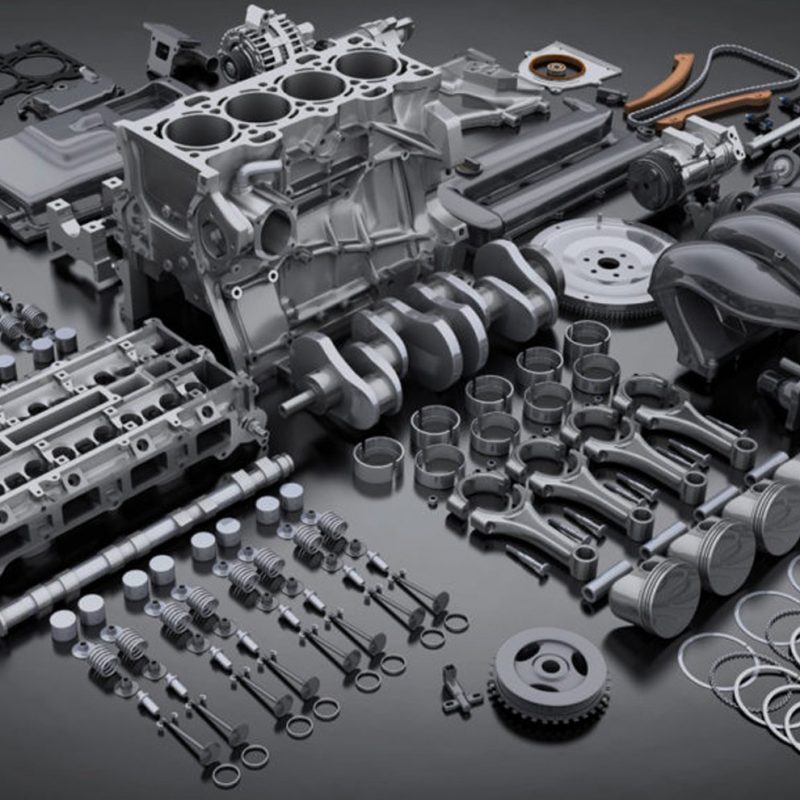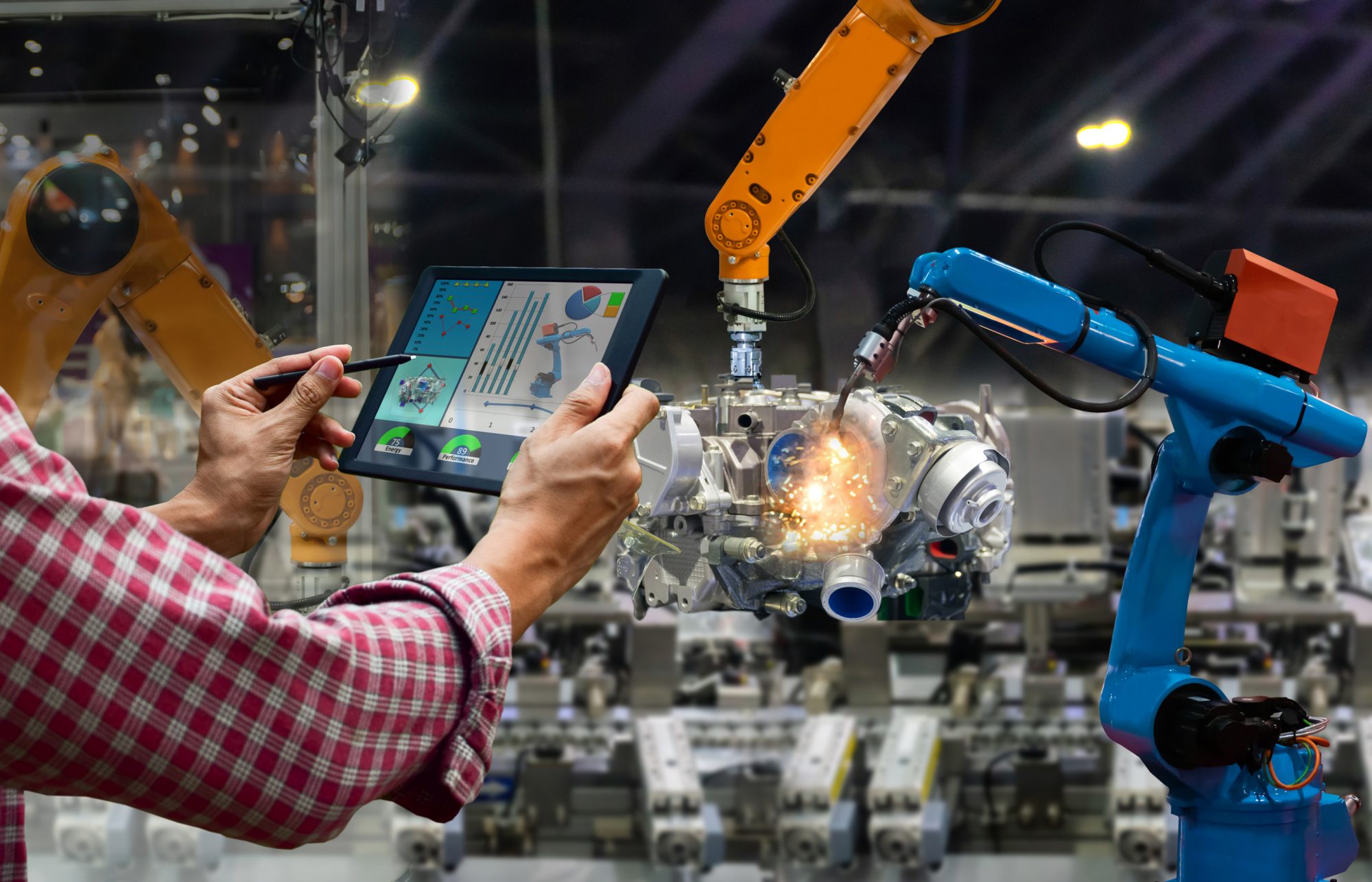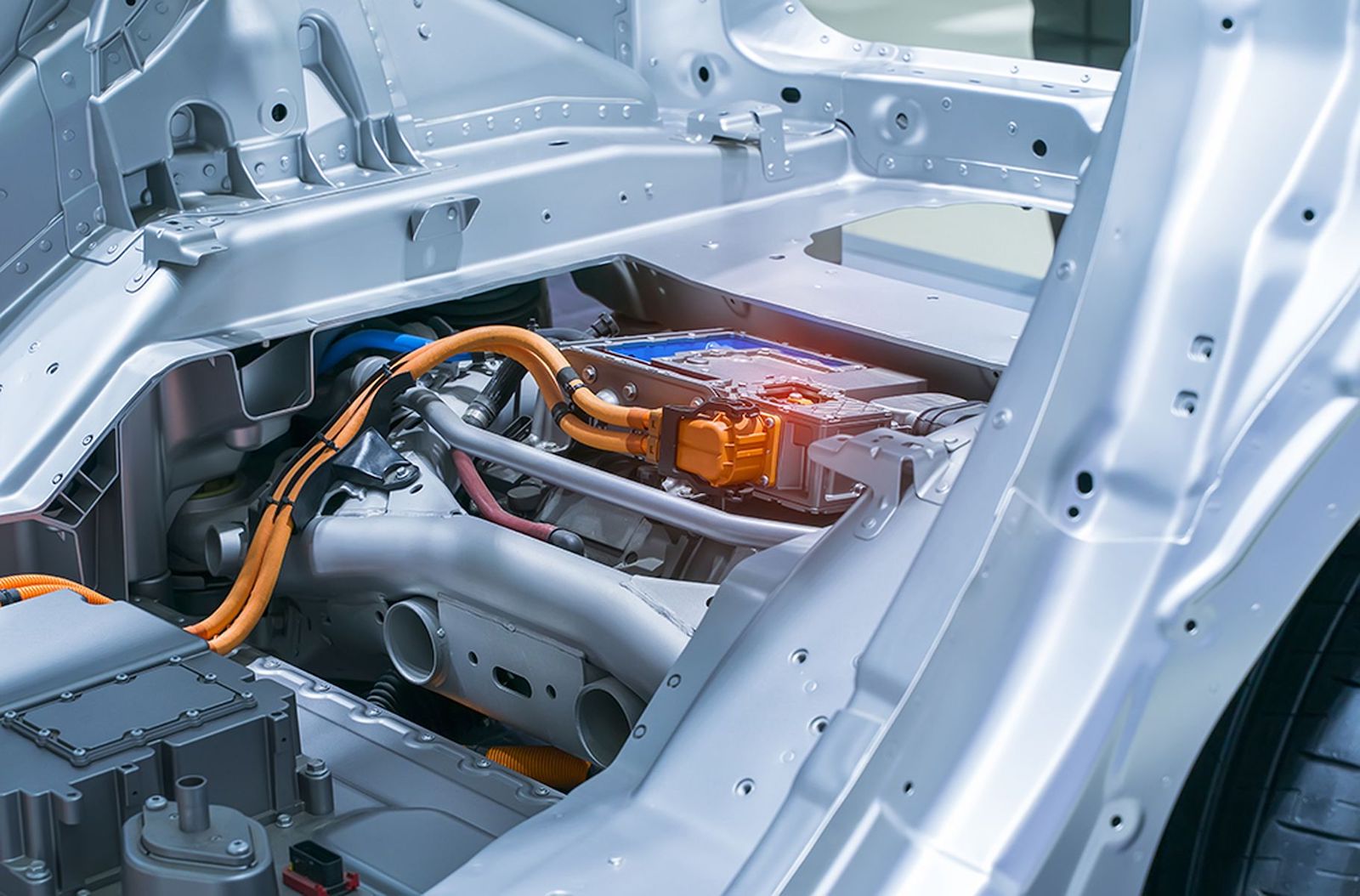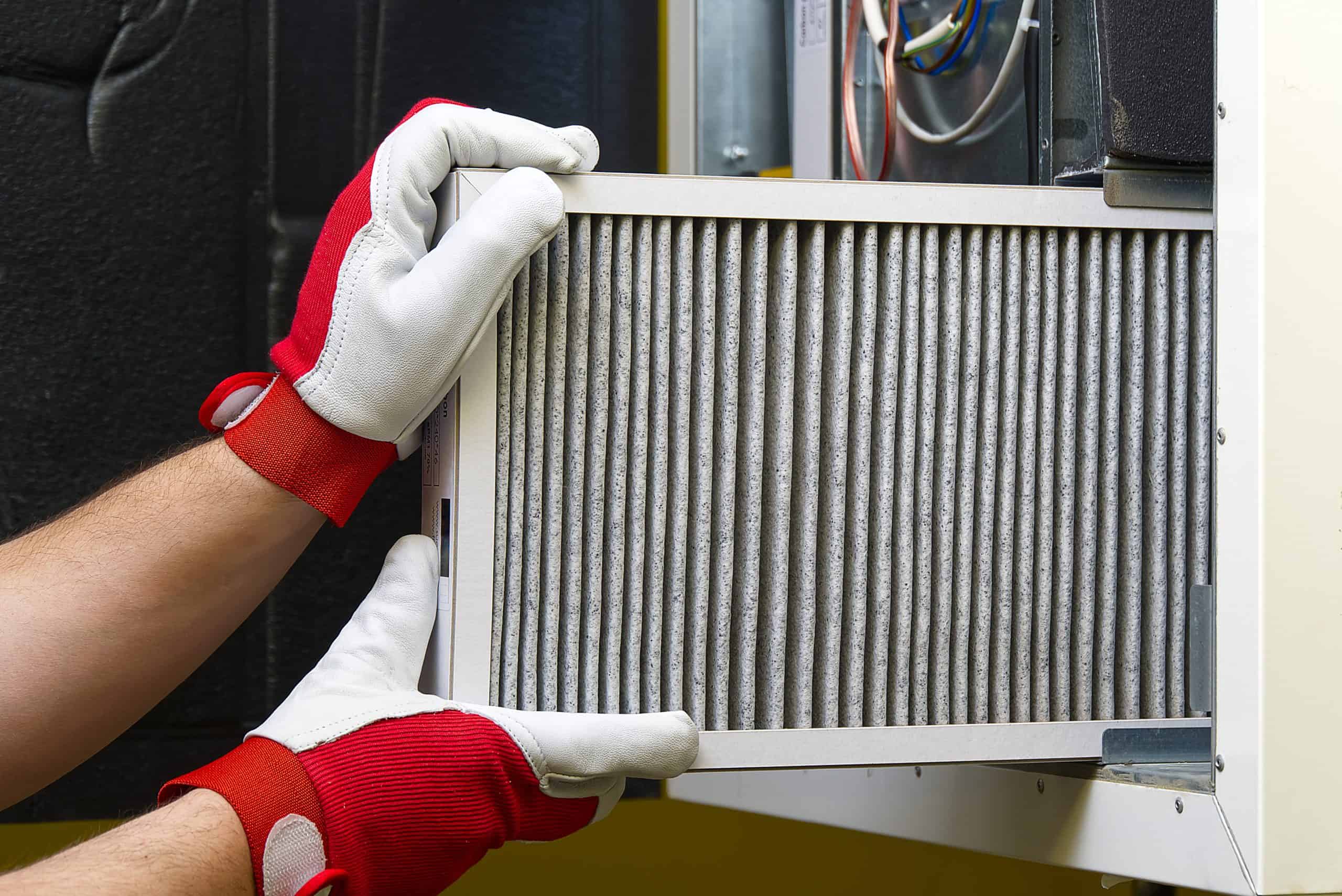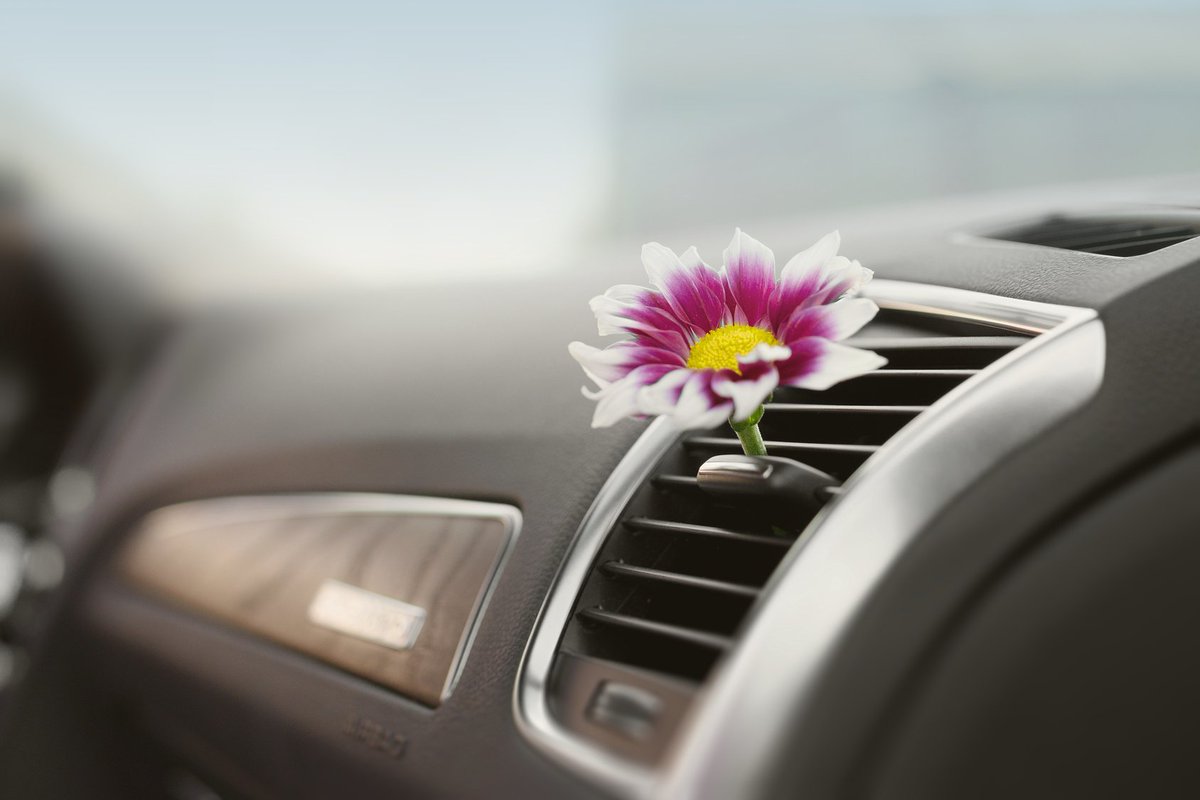Clutch Maintenance
Clutch Maintenance
Clutch maintenance is the process of regularly checking, cleaning, and repairing components of a vehicle’s clutch system to keep it functioning properly. This includes checking the clutch pedal, cable, hydraulic system, flywheel, pressure plate, and disc. The following are the steps involved in regular clutch maintenance:
- Clutch Pedal Inspection: Check the clutch pedal for any looseness, stiffness, or signs of damage. Ensure that it moves smoothly and returns to its original position when released.
- Cable Inspection: Check the clutch cable for any signs of wear, corrosion, or fraying. If it is stretched or frayed, it needs to be replaced.
- Hydraulic System Inspection: Check the fluid level in the clutch master and slave cylinder. The fluid should be clear and free of contamination.
- Flywheel and Pressure Plate Inspection: The flywheel and pressure plate should be inspected for any signs of warping or cracking. If they are damaged, they need to be resurfaced or replaced.
- Disc Inspection: The clutch disc should be inspected for any signs of wear, cracks, or warping. If it is worn, it should be replaced.
Regular clutch maintenance helps to ensure that the clutch operates smoothly and efficiently, prolongs the life of the clutch and other components, and prevents costly repairs. It is recommended that you have your vehicle’s clutch inspected at least once a year or as recommended by the manufacturer.
The Importance of Regular Clutch Maintenance
Regular clutch maintenance is important for ensuring the proper functioning of a vehicle and prolonging the life of its components. It helps to avoid costly repairs and breakdowns, improve performance, and ensure safe driving. Here are some key reasons why regular clutch maintenance is essential:
- Improves Performance: Regular clutch maintenance ensures that the clutch operates at its optimal level, which in turn improves the performance of the vehicle. A properly functioning clutch can help a driver shift gears smoothly, reducing wear and tear on the transmission and engine.
- Prevents Costly Repairs: Neglecting clutch maintenance can lead to clutch failure, which can result in costly repairs. Regular maintenance can help to identify and repair small problems before they become big and expensive.
- Enhances Safety: A properly functioning clutch is essential for safe driving. A worn or damaged clutch can cause a sudden failure, leading to a loss of control and increased risk of an accident. Regular maintenance helps to avoid such scenarios.
- Prolongs the Life of the Clutch: Regular clutch maintenance helps to prolong the life of the clutch and other components such as the flywheel and pressure plate. These parts are subject to significant wear and tear, and regular maintenance can help to reduce this wear and extend their lifespan.
- Increases Fuel Efficiency: A worn clutch can cause the engine to work harder, which can lead to decreased fuel efficiency. Regular maintenance helps to ensure that the clutch operates efficiently, which can result in better fuel economy.
In conclusion, regular clutch maintenance is essential for ensuring the proper functioning of a vehicle and prolonging the life of its components. Neglecting clutch maintenance can lead to costly repairs, decreased performance, decreased fuel efficiency, and increased risk of an accident. Regular maintenance is an investment in the health and longevity of your vehicle, and it is recommended that you have it checked at least once a year or as recommended by the manufacturer.


